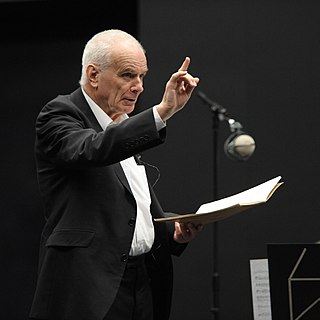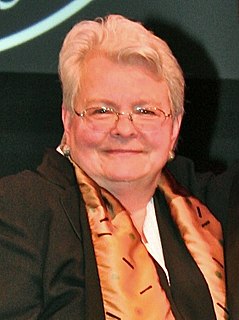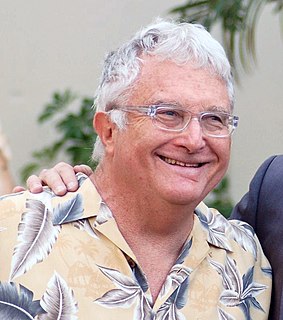A Quote by Kevin Powers
I know that the writers I read and admire all have an influence on my work, but trying to determine to what degree any particular piece of input changes the way I think about writing seems counterproductive.
Related Quotes
As an undergraduate, I took two writing workshops taught by Elizabeth Hardwick. She was certainly a major influence, though more as a writer I greatly admired than as a teacher. As for other writers, I think it's safe to say that my work has been and continues to be influenced to one degree or another by every writer whose work I love and admire.
The way we learn to write is the way we learn to talk: We listen to others and start mimicking speech, and that's how we come to become speakers. Writers you admire, you admire the way they plot, you admire the way they create a character, you admire the way they put a sentence together, those are the writers you should be reading.
To observe the world carefully, to write a lot and often, on a schedule if necessary, to use the dictionary a lot, to look up word origins, to analyze closely the work of writers you admire, to read not only contemporaries but writers of the past, to learn at least one foreign language, to live an interesting life outside of writing.
My writing isn't actually guided by issues. I know it seems that way, but I don't sit down and think, Oh, there's this issue I'm bothered about. I only write about things that directly impact my life. When I write, there's a pain that I have to reach, and a release I have to work toward for myself. So it's really a question of the particular emotional circumstance that I want to express, a character that appears, a moment in time, and then I write the play backwards.
I think all writing is about writing. All writing is a way of going out and exploring the world, of examining the way we live, and therefore any words you put down on the page about life will, at some level, also be words about words. It's still amazing, though, how many poems can be read as being analogous to the act of writing a poem. "Go to hell, go into detail, go for the throat" is certainly about writing, but it's also hopefully about a way of living.
Writing a book is about me doing the work to get from the obsessive particular to something that reaches out of that in some meaningful way. It doesn't come easy to me. I really admire people who do it with acuity, but I don't, and for me it takes the process of working on a book for years to do any thinking that I feel accomplishes anything. I don't do it off the cuff well.
I mean, if we're concerned genuinely with writing, I think we probably get on with our work. I think this is very true of English writers, but perhaps not so true of French writers, who seem to read each other passionately, extensively, and endlessly, and who then talk about it to each other - which is splendid.






































